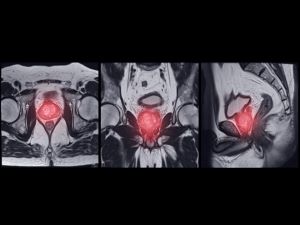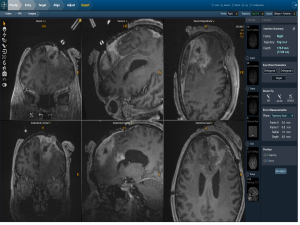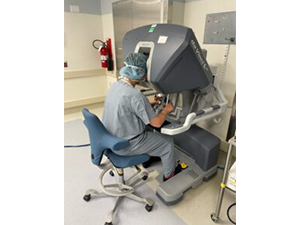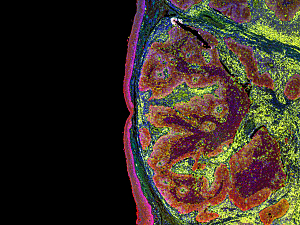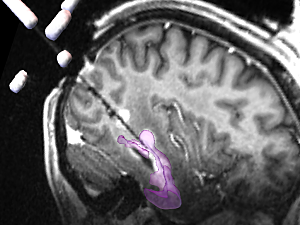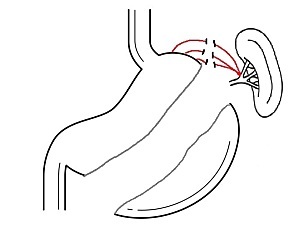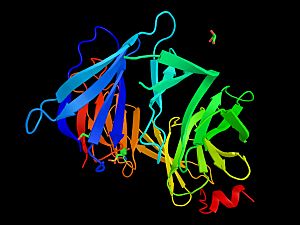Brigham Offers High-Volume, Comprehensive Care for Rare Sarcomas

With about 12,000 to 13,000 cases diagnosed in the United States each year, sarcomas are among medicine’s rarest cancers. Since many oncologists may only see one or two cases during their career, patients often struggle to find experienced providers. Read More
